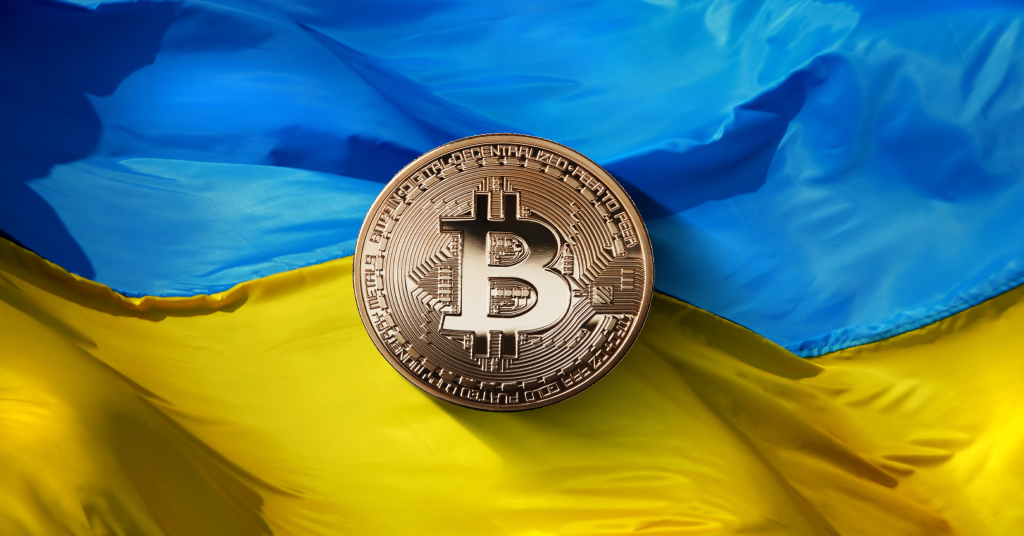Despite the ongoing war, the legalisation of crypto assets is being implemented in Ukraine

Ukraine legalises bitcoin and crypto: what it means for the market. Source: depositphotos.com
The first efforts to legalise cryptocurrencies in Ukraine took place last September. At the time, the bill was vetoed by the President since it proposed spending too much on a new regulatory body. In mid-February, Ukrainian parliament passed an amended bill, establishing a framework for the regulation and management of cryptocurrencies. In March, the country’s president, Volodymyr Zelenskyy, signed that bill into law.
Regulation of the virtual assets market was attributed to the competence of the National Commission on Securities and Stock Market and the National Bank of Ukraine (NBU).
The National Commission on Securities and Stock Market will perform the following functions:
- formulate and implement state policy regarding virtual assets,
- determine the order of circulation of virtual assets,
- issue permits to providers of virtual assets,
- be responsible for the regulation, supervision and financial monitoring of crypto assets.
Crypto exchanges and other fintech companies handling digital assets will now be required to register with the government to operate legally in Ukraine, whereas banks will be allowed to open business accounts for cryptocurrency-related firms. The owners of cryptocurrencies in Ukraine will now be able to legally exchange assets, file tax returns, open blockchain businesses and use crypto in everyday life.
The law also presupposes fines for violating the industry regulations and legal protections for investors from fraudulent crypto schemes.
Regulating the market is important for Ukraine where over 5 million people are already investing in cryptocurrencies. The country is among the top 5 most active crypto users globally.
Adopting the law was a pressing issue since it enabled Ukraine to receive another legal channel for donations from all corners of the world. The country invaded by its aggressive neighbour now gets tens of millions of dollars to help its population. A huge number of Ukrainians have been forced to leave their homes, with over 4 million becoming refugees abroad. Crypto donations are also helping charitable funds to buy protective military equipment for the Territorial Defence Forces who are standing their ground and protecting their motherland alongside the regular national army.
Ukraine’s Ministry for Digital Transformation has also launched an NFT collection to help fund its military needs. The collection called “Meta History Museum of War” currently comprises 103 NFTs documenting the events of the first week of the war. The illustrations were created by both Ukrainian and international artists. Each artwork references a tweet documenting some aspect of the invasion and the world’s response to it.
Many individual artists across the globe have also turned to NFT sales to raise funds and send their donations to Ukraine. For instance, the sale of an NFT of Ukraine’s flag by UkraineDAO, an initiative backed by a member of the Russian activist group Pussy Riot, raised more than $6.7 million. Organisers said all the funds would go towards “Come Back Alive,” a charitable campaign supporting Ukraine’s military.
Ukraine’s first crypto exchange, Kuna, can now legally convert crypto to much-needed fiat. The country has also partnered with the Bahamas-based exchange giant FTX to convert charitable crypto contributions into fiat for deposit at the NBU.
A donation website Aid for Ukraine, created in partnership with the Ukrainian government, accepts donations in Bitcoin, Ethereum, Terra, Tether, Polkadot, Solana, Cardano, Dogecoin, Algorand, Hedera, Monero, Icon and Casper to support people in their fight for freedom.
SEE ALSO:









